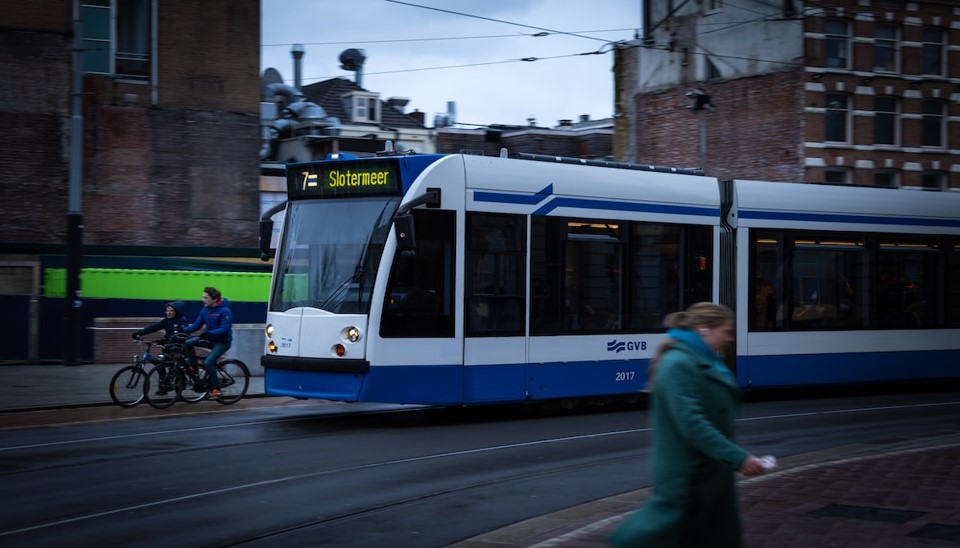Since the start of the pandemic in 2019, fare evasion on Amsterdam’s public transportation has increased by 50%, reports the city’s transportation provider, GVB. In 2022, 4.5% of passengers on trams without conductors were found riding without tickets; similar increases were seen on metros, buses, and trams with conductors.
The problem, according to the GVB, has worsened since the onset of the coronavirus pandemic, and fare evasion appears to have become normalized. “There are always non-paying travelers in the public transport system,” the spokesperson said. “But it has worsened since corona, and not paying for public transportation seems to have become normal.”
To combat this growing issue, the GVB has initiated a campaign to encourage passengers to pay their fares. The campaign aims to make travelers aware that fare evasion is antisocial and hopes to reduce the lost income by 1.5 million euros.
The rise in fare dodging in Amsterdam highlights a growing challenge in public transport. The GVB’s campaign represents a targeted effort to change passenger behavior, but its success remains to be seen.
For further informasion visit the Het Parool report



